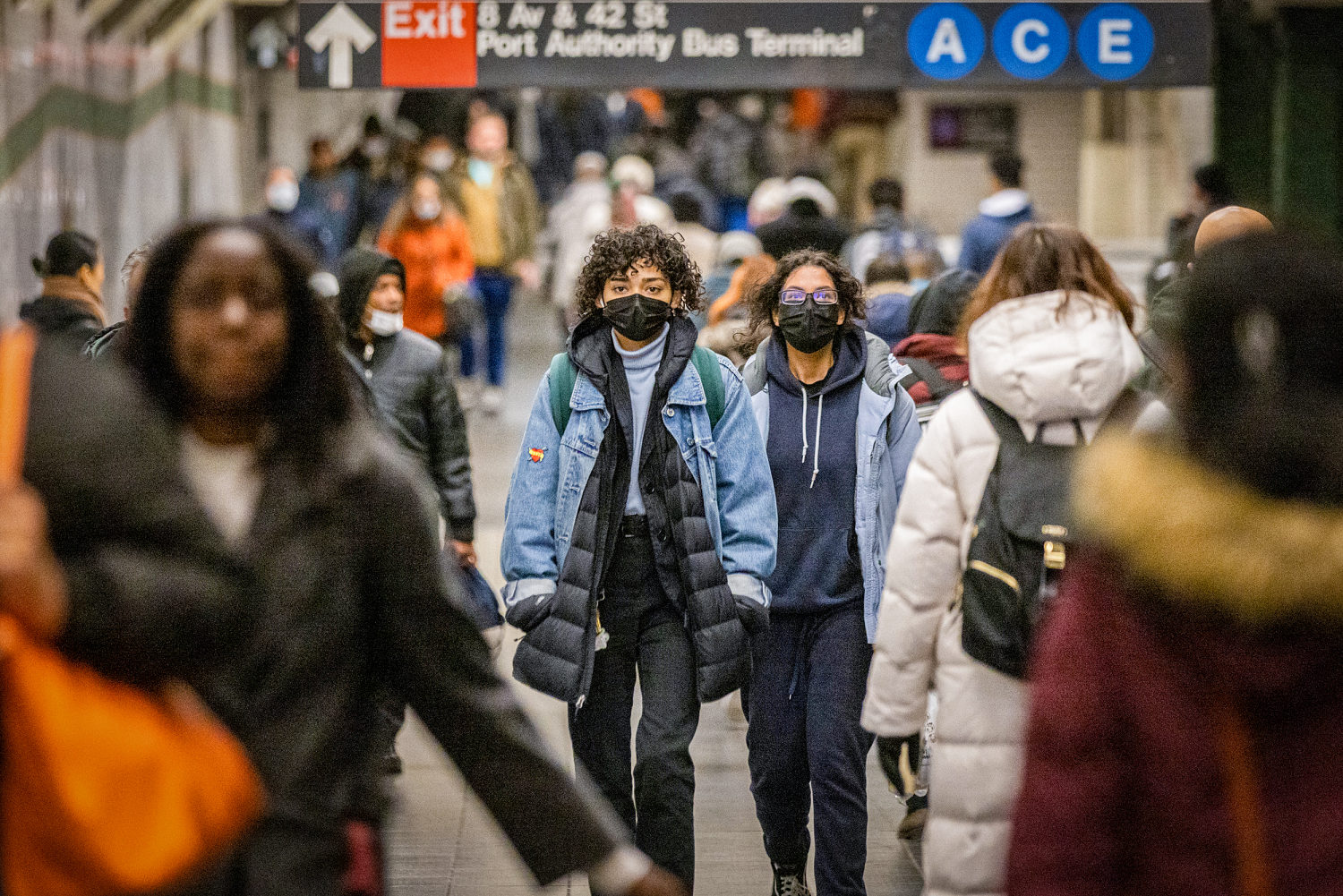
It’s that time of year when millions of Americans will be heading to pharmacies to get Covid booster shots. But for millions of low-income Americans, getting the vaccine is going to be newly expensive — and in many cases prohibitively so.
Adults without health insurance can no longer get Covid vaccines free. Instead they may have to pay up to $200 to get one, The Washington Post reports. That’s because the federal program to make them free for uninsured and underinsured people, the Bridge Access Program, has run out of money. That program was set to sunset in December, according to the Post, but expired ahead of schedule — and this year’s Covid vaccine season — because Congress “rescinded $6.1 billion in coronavirus emergency spending authority as part of a deal to avert a government shutdown.” (At the same time, Congress also chose to not pick up a separate Biden proposal for expanding access to vaccines for adults.) And the Centers for Disease Control and Prevention’s reported attempts to scrounge up money to subsidize free Covid vaccines as a seeming stopgap measure are far from adequate for the uninsured population.
A $200 bill is going to be a major deterrent or an outright impossibility for many uninsured people.
While people with private health insurance, Medicare or Medicaid still have access to free vaccines, the roughly 25 million Americans who have no health insurance coverage do not. About 1.5 million of them were able to receive vaccine doses last year through the expired Bridge Access Program. That they can no longer access vaccines for free is a major blow to public health.
Covid may be far less of a threat to people than it was at the beginning of the pandemic. But the disease is still a danger, particularly to immunocompromised people, and Covid can still cause long-term health complications, especially for people in high-risk populations. Allowing everyone easy access to vaccines and protecting more of the population from getting sick from a serious virus is good for all of American society. And it’s particularly important for the protection of individuals at higher risk of complications from Covid, since it reduces the severity and risk of hospitalization from infection.
A $200 bill is going to be a major deterrent or an outright impossibility for many uninsured people. Most Americans without insurance are low-income and report that they are not insured because the cost of coverage is too high. Considering that 4 in 10 Americans lack the savings to cover a $400 expense, it’s safe to deduce that a $200 vaccine would be a massive financial encumbrance for a lot of people, and likely will prompt many uninsured people who want a vaccine to pray for the best instead.
Keep in mind that the uninsured population is also going to be among the most vulnerable if they get very sick with Covid. The financial pressures they face make it more difficult for them to get doctor’s appointments, seek out prescriptions for medications like Paxlovid or go to a hospital if the case is severe. And given that uninsured Americans are less likely than insured Americans to receive services for major health conditions and chronic diseases, the uninsured are disproportionately vulnerable to those severe cases.
It is a shame that congressional dealmaking in Congress was advanced on the back of poor and vulnerable Americans who deserve the same protection as everybody else. But it’s hardly surprising, given the barbaric nature of our nation’s health insurance system. In the richest country in the world, it shouldn’t be so easy to slip through the cracks. Yet to this day tens of millions of Americans remain uncovered and unprotected from illness because of our exorbitant, byzantine and patchwork insurance system. Covid has just helped lay bare — again — how broken it is.

Leave a Reply